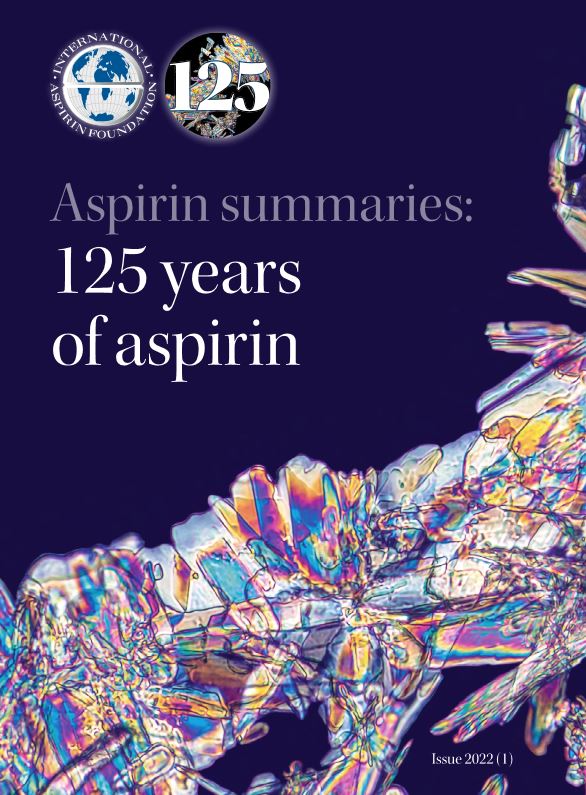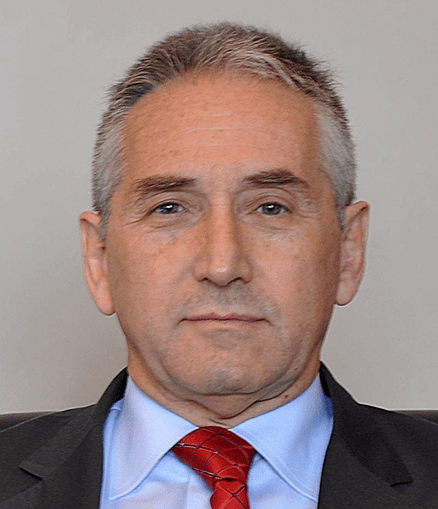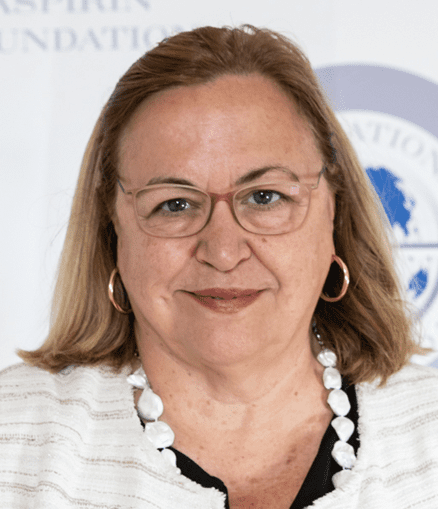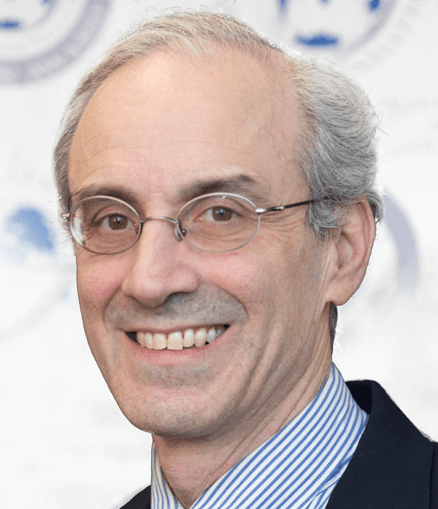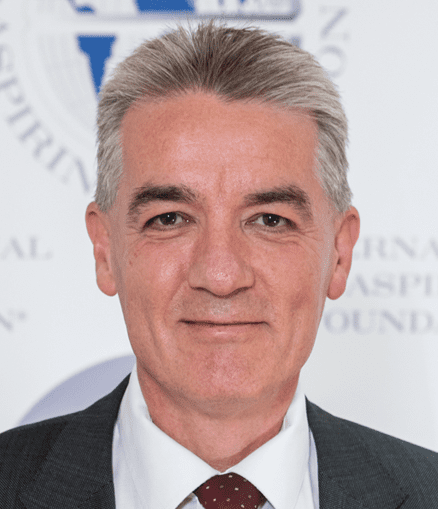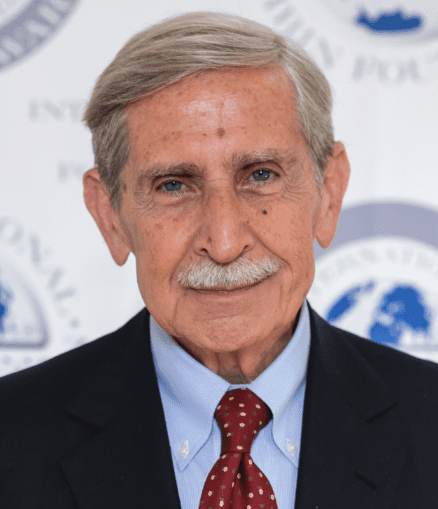Aspirin Summaries : 125 years of aspirin
Salicylates have been used since prehistoric times for their healing properties and in 1897 Felix Hoffman, motivated by the sufferings of his father who had severe arthritis, formulated a pure stable form of acetyl salicylic acid in Friedrich Bayer’s laboratory in Germany from salicylic and acetic acid1. Bayer patented aspirin in 1899 and the drug was a huge success for the management of pain and fever.
‘It was the first drug to be synthesised and its formulation is regarded as the foundation of the modern pharmaceutical industry’. – Elwood 2001
Interest in aspirin’s role as an antiplatelet began in the late 1960s with the first randomised controlled trial for aspirin’s role in the prevention of cardiovascular disease reported in 19741,2. Aspirin has recently been described as a ‘cornerstone’ of cardiovascular disease with ‘robust’ data to support its use across a variety of disease states including acute myocardial infarction (MI), past MI, ischemic stroke, peripheral artery disease (PAD) and percutaneous or surgical revascularization3. The main disadvantage of aspirin, gastrointestinal bleeding, is now being managed by closer attention to which patients may be at risk and the co-prescription of a proton pump inhibitor (PPI), where appropriate, to manage and reduce this risk.
Increased platelet production and turnover in some high-risk patients may result in a lack of 24-hour antiplatelet protection and twice daily dosing regimens are being explored3. New formulations of aspirin include a phospholipid-coated tablet, an inhaled nanoparticle, an aspirin loaded solid lipid microparticle and an extended-release formulation to help ensure 24-hour coverage3.
A brief search on https://clinicaltrials.gov for aspirin trails that are currently recruiting or not yet recruiting gives 178 studies showing that interest in this medication is still very much alive. The studies listed include exploration of aspirin’s role in various types of cancer; cardiovascular disease; diabetes; pregnancy; pain; kidney disease and dialysis; liver disease; thromboprophylaxis after surgery; immune thrombocytopenia; essential thrombocythemia; COVID-19; depression; aspirin to help with exercise tolerance in multiple sclerosis; aspirin for people with sepsis; resuming aspirin after a gastric bleed; aspirin-exacerbated respiratory disease (AERD); aspirin dosing and pharmacokinetics. A similar search for trials of other established commonly used medicines such as simvastatin gave a yield of 28 studies and for atorvastatin there were 51 studies. Clearly not a direct comparison but giving some context around the continued and varied research interest in aspirin.
The summaries below celebrates 125 years of aspirin and explore areas of future research with aspirin.
References
1. Elwood PC. Aspirin: past, present and future. Clin Med JRCPL. 2001; 1:132-37
2. Elwood PC, Cochrane AL, Burr ML et al. A randomised, controlled trial of acetyl salicylic acid in the secondary prevention of mortality from myocardial infarction. Br Med J. 1974;I:436-40.
3. Bhatt DL and Pollack CV. The future of aspirin therapy in cardiovascular disease. Am J Cardiol 2021; 144:S40-S47 https://doi.org/10.1016/j.amjcard.2020.12.019
Aspirin – current trends in therapy
This paper reviews the trends in aspirin use over the last two decades and its three different roles as an analgesic, antipyretic and anti-inflammatory medicine, as an antiplatelet medication and for cancer prevention and treatment. Three recent trends in aspirin use have included:
• dropping aspirin – the discontinuation of aspirin from dual antiplatelet therapy (DAPT) or triple antithrombotic therapy (TAT)
• combination therapies – adding a low dose P2Y12 inhibitor or direct oral anticoagulant (DOAC) to a long-term regimen for people with stable atherosclerotic cardiovascular disease (ACVD)
• repurposing aspirin – exploring a chemopreventative effect for aspirin in cancer prevention and as an adjuvant therapy
The authors suggest that there is no convincing evidence to warrant dropping aspirin rather than the P2Y12 inhibitor from dual or triple therapy. They review meta-analysis data and conclude that following percutaneous coronary intervention (PCI) early discontinuation of either the P2Y12 inhibitor or the aspirin will have a similar impact on bleeding risk due to reduced inhibition of two equally important pathways for platelet activation ADP and TXA2 respectively. Next, they look at the ‘less is more’ trend in people with chronic coronary syndromes (CCS) or acute coronary syndromes (ACS) and atrial fibrillation (AF) who also need oral anticoagulant therapy (OAC). They also review the four randomised controlled trials that look at dropping aspirin from TAT and highlight some design flaws in these studies and point out that the question that needs answering is not the impact dropping aspirin will have on bleeding risk but rather what the difference in safety and efficacy is between an aspirin-free versus a P2Y12 free versus a DAPT only regimen.
The authors review the pros and cons of combination therapy to reduce CVDs and conclude that whilst full inhibition of one Factor Xa (FXa) or more vitamin K antagonist (VKA) coagulation factors in combination with antiplatelet therapy was linked with safety concerns, a lower dose on anticoagulant in combination with aspirin, can give an additional 15-24% reduction in serious vascular events with an acceptable safety profile. They hypothesise that in patients treated with aspirin cyclooxygenase (COX)-1 inhibition may reduce the platelet surface that is available for coagulation factor assembly and thus reduce the amount of FXa inhibition that is needed for effective antithrombotic therapy. A review of the evidence supporting the combination of aspirin, which inhibits COX-1, with low intensity FXa inhibition suggests this is more effective in preventing vascular events in people with stable ASCVD than the DAPT combination of COX-1 and P2Y12 platelet inhibitors and has a comparable bleeding risk but they recommend further large randomised controlled trials to establish this.
The authors also review convincing evidence to support a chemopreventative role for aspirin in gastrointestinal cancers that has been built up over the last 20 years suggesting that aspirin can reduce sporadic colorectal adenomas, prevent colorectal cancer (CRC) from developing and reduce the metastatic spread of some cancers. They explore the mechanistic understanding that we now have for aspirin’s role in cancer chemoprevention including an anti-inflammatory effect and a platelet inhibition role and conclude that studies suggest low-dose aspirin with its antiplatelet effect appears to be a high enough dose for its cancer chemopreventative effect.
Aspirin is also the only NSAID without an FDA black-box warning for untoward cardiovascular effects and because of this the authors suggest its role in the management of osteoarthritis and rheumatoid arthritis should be reassessed. The authors suggest aspirin may have a role in high CV risk patients requiring pain control for conditions such as RA especially where other NSAIDS are contraindicated due to cardiotoxicity or drug interactions with low-dose aspirin. They recommend the role of aspirin in the treatment OA is reassessed due to new scientific data and regulatory constraints on currently available NSAIDS.
The authors emphasise aspirin’s role in inspiring research over its lifetime, including ‘providing a tool for mechanistic understanding’ and a ‘template for new drug development’. They cite over 100 abstracts presented at the 2020 ISTH Congress as evidence of the strength of continued research interest in ‘repurposing’ or ‘recombining’ aspirin.
The authors state:
‘aspirin continues to be considered a cornerstone of antithrombotic therapy in ASCVD. It is, in fact, the only antiplatelet agent with current recommendations for its use throughout the CV risk continuum, from primary prevention in people with high-risk diabetes mellitus to treatment of ACS.’
For further information please see:
Patrono C and Rocca B. Aspirin at 120: Retiring, recombining, or repurposing? Res.Pract.Thromb Haemost, 2021; 5:e12516 https://doi.org/10.1002/rth2.12516
The dilemma of DAPT after PCI – continuing research needed to find the right regimen for the right patient?
‘the status of aspirin in the treatment of vascular diseases caused by atherothrombosis is unquestionable and unshakable. In addition to its undeniable efficiency, its affordability is a significant extra benefit.’
The greater challenge comes with the need to prevent thrombosis after the vessel wall is disrupted by the implantation of a stent – this level of interference requires a greater antithrombotic effect than can be gained from aspirin alone.
Dual antiplatelet therapy (DAPT) adding a P2Y12 inhibitor to aspirin and thus inhibiting platelet haemostatic function by suppressing two platelet activation pathways results in decreased platelet adhesion and aggregation and reduces the risk of a thrombotic event but unfortunately also increases the risk of a spontaneous or iatrogenic bleeding event.
The risk of peptic ulcer bleeding with aspirin increases with dose and it is therefore very beneficial that the full antithrombotic effect of aspirin is achieved at low doses where it works to inhibit cyclooxygenase-1 and it supresses thromboxane A2.
The authors describe the heterogenicity of the patient population undergoing PCI and how this influences CVD versus bleeding risk. This gives need for an individualised approach to escalation and de-escalation anti thrombotic strategies following PCI. They describe how:
• patients who have a higher thrombotic risk also often have a higher bleeding risk e.g., those with diabetes, kidney disease and anaemia
• increased cancer survival rates and undiagnosed cancer increases the population who may have both high ischaemic and bleeding risk
• age increases the risk of comorbidity such as AF and anaemia which complicates long term antithrombotic therapy
The authors review evidence from the TWILIGHT study looking at de-escalation to ticagrelor monotherapy but point out that this still leaves many unanswered questions regarding the best long-term treatment in the PCI population. Long-term monotherapy with ticagrelor in the heterogenous PCI population has not shown a clear benefit over standard care.
Further research is needed to uncover which long-term regimen will be best in varying patients’ populations:
? ticagrelor monotherapy
? switch to clopidogrel monotherapy
? low-dose aspirin monotherapy
? low-dose aspirin with low-dose rivaroxaban therapy
? patient choice and compliance? especially where side effects are an issue (almost a ¼ of ticagrelor treated patients experience dyspnoea as a side effect).
For further information please see:
Motovska Z and Montalescot G. The Cornelian dilemma of quitting DAPT. European Heart Journal. 2021; 42:4635-4637. http://doi:10.1093/eurheartj/ehab658
Evolution of clinical thinking and practice regarding aspirin in CVD prevention
This article gives an overview of what has changed with aspirin use and why these changes have been made. The authors describe how aspirin long unquestioned, with 40 years of presence in practice guidelines, in CVD is now coming under ‘increasing scrutiny’ as its risk versus benefit ratio becomes less defined and other disease and risk modifying approaches are developed.
Some of the previous benefits that aspirin was used for to reduce CVD risk can now be obtained with tighter blood pressure control, glycemic control, lipid-lowering drugs and lifestyle modification. This for many may be a safer way of reducing risk as these methods do not put the individual at risk of a bleed.
The authors point out that it is a ‘significant advance’ in evidence-based medicine that an inexpensive established drug is now being tested in large trials. They explore some of these trials and what the outcomes have meant for current antithrombotic therapies.
The article explores some important questions around aspirin therapy;
• duration of therapy
• assessment of net clinical benefit
• timing of start and stop therapies
• breakthrough thrombosis
The authors conclude:
‘There will doubtless remain a role for ASA in this space- at this point we are reducing but not subtracting- but that role is evolving and being thoroughly dissected.’’
For further information please see:
Pollack CV and Wang T. Evolution of clinical thinking and practice regarding aspirin: What has changed and why? Am J Cardiol 2021; 144:S10-S14. https://doi.org/10.1016/j.amjcard.2020.12.021
Overview of aspirin and platelet biology
This review paper looks at both past and present evidence for aspirin and its long-term role as the cornerstone of antiplatelet therapy. The authors look at the history of aspirin, provide a comprehensive overview of our current understanding of its pharmacology and look at aspirin resistance.
Taking a step back in time they discuss how the Ebers Papyrus from 1534 BC, considered ‘the most comprehensive medical papyrus ever recovered’ lists more than 700 herbal remedies with the most important plant species mentioned being tjeret or salix, now known commonly as willow (a plant source of salicylic acid) which was used as a general purpose tonic, anti-inflammatory and pain reliever.
The authors continue their journey through history explaining how Hippocrates used salicylic tea in 400 BC to reduce fever and chart various other historical landmarks until August 10 1897 when Hoffman created acetylsalicylic acid in the laboratory and the aspirin we know and use today was born.
The article explains that today aspirin is on WHO’s List of essential Medicines and is globally one of the most widely used medicines with an estimated 50-120 billion pills consumed annually.
The authors explain that true aspirin resistance, where ASA fully inactivates COX-1, is quite rare. The variable responsiveness of antiplatelet therapies is due to a number of factors;
• drug bioavailability
• non-compliance with medication regimens
• drug-drug interactions
• cytochrome P450 activity
• genetic polymorphisms
• increased platelet turnover e.g., in diabetes
The authors conclude that:
• aspirin’s role in acute coronary syndrome remains unquestioned in current times
• recent evidence is leading to a reconsideration of its role in ‘some’ primary and secondary prevention situations
• modern more effective treatments such as statins have reduced the impact of aspirin in the primary prevention setting resulting in the potential for its bleeding risks to outweigh more modest CVD event reduction benefits.
• There are situations where aspirin could be subtracted from dual and triple secondary prevention regimens e.g., 3 months after PCI in stable patients with atrial fibrillation and CAD
The authors state:
“The fascinating role of aspirin in the current treatment paradigm of cardiovascular medicine deserves to be revaluated.”
For further information please see:
Santos-Gallego CG and Badimon J. Overview of aspirin and platelet biology. Am J Cardiol 2021: 144: S2-S9. https://doi.org/10.1016/j.amjcard.2020.12.018
The use of aspirin for primary CVD prevention is associated with a lower likelihood of COVID-19 infection?
In this study the investigators hypothesized that low-dose aspirin use for primary CVD prevention could have a protective effect in terms of susceptibility to COVID-19 and disease duration for those infected with the virus.
Using data from the Leumit Health service database the researchers performed a retrospective population-based, cross-sectional study from Feb 1, 2020 to June 30, 2020. They found a significantly lower portion of patients in the COVID-19 positive group had taken aspirin as compared with those in the COVID-19 negative group. In addition, COVID-19 disease duration, measured from first positive and second negative COVID-19 RT-PCR test was significantly shorter amongst the aspirin users compared with non-aspirin users.
The researchers highlight how aspirin gained ‘remarkable popularity during the 1918 Spanish influenza pandemic and how it was not until several decades after this that its activity within innate immunity and an in vitro effect against RNA viruses in the respiratory tract was discovered.
The authors conclude:
“we observed an inverse association between the likelihood of COVID-19 infection, disease duration and mortality, and aspirin use for primary CVD prevention.”
The authors call for prompt clinical consideration of aspirin as a safe and low-cost medication that could potentially alter COVID-19 infection and outcome.
For further information please see:
Merzon E, Green I, Vinker S et al. The use of aspirin for primary prevention of cardiovascular disease is associated with a lower likelihood of COVID-19 infection. The FEBS Journal.2021. https://doi.10.1111/febs.15784
Disclaimers:
• The information, views and opinions expressed are not endorsed or approved by members of The Scientific Advisory Board unless otherwise stated.
• The Information section is compiled using current published information at the time of writing and whilst every effort has been made to avoid errors, professional clinical judgement is required to interpret the information given. The information given is referenced clearly for further analysis as required.
• Every effort is made by the International Aspirin Foundation to see that no misleading or inaccurate data, statement or opinion appear. The International Aspirin Foundation cannot be held responsible for any errors or for any consequences arising from the use of the information.
• The International Aspirin Foundation, its associates and The Scientific Advisory Board accept no liability whatsoever for the consequences of any such inaccurate or misleading data, information, opinion or statement.
• Any information involving drug usage, should only be followed in conjunction with the drug manufacturer’s own published literature in their own country.
• Medical sciences evolve on a continual basis and therefore independent verification of the content should be made.
• The information, views, opinions and any other material provided should not be relied upon as a substitute to professional medical advice in relation to any medical condition. The International Aspirin Foundation, its associates and The Scientific Advisory Board accept no liability whatsoever for any consequences arising from any reliance placed on such information, views, opinions and other materials in lieu of professional medical advice.

